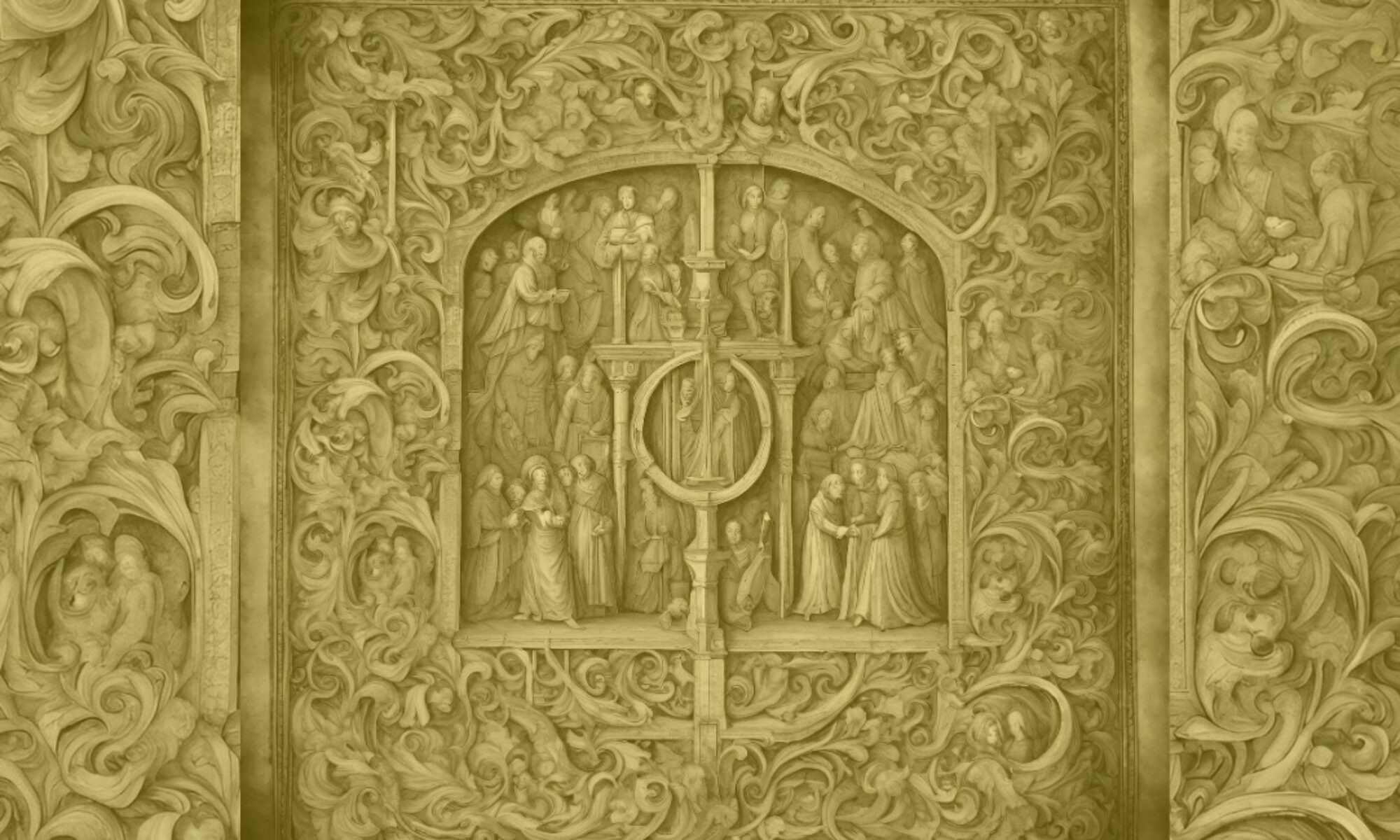Jen’s presentation is called “The Shape of Water: Restoring Ecological Consciousness”

Despite the scientific evidence that we are in an environmental crisis, many people have not significantly changed their behavior. This suggests that the crisis cannot be addressed simply through rational arguments and logical means. There is something deeper at play, something powerful in the unconscious level of the collective. Jeffrey Kiehl argued that the “fundamental psychological roots” of the crisis need to be uncovered to solve the problem.
Myth and fairy tales provide a direct route to the unconscious aspects of the collective and can help to identify a path of transformation. One recent fairy-tale film provides insights into the environmental challenges that we are facing. Guillermo del Toro’s, The Shape of Water, brings to life Richard Tarnas’s two “suitors” who demonstrate different ways that we can relate to the world around us. One will keep us on our path of destruction. The other, exemplified through the main character, princess Elisa, provides a new way of relating to the world and transforming our current ecological crisis. Through Elisa’s relationship with the mysterious sea creature, we find an image for a new ecological myth.
This presentation builds on my paper published in the journal of Ecopsychology, March 2019.
This presentation is part of a special panel on Myth and Restoring Ecological Consciousness, sponsored by iRewild. Thank you, iRewild!
About Jen
Jen Degnan Smith, Ph.D. in Archetypal and Jungian Psychology, explores sociocultural issues, particularly those where psychology and economics merge. Her 20-year career in organizational consulting and university teaching spans the US and Europe, and her Ph.D. dissertation examined the modern Greek Economic Crisis through a mythological lens. She is focused on healing and empowering the feminine within individuals and the collective.









